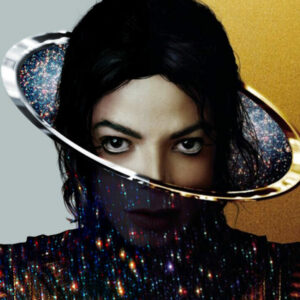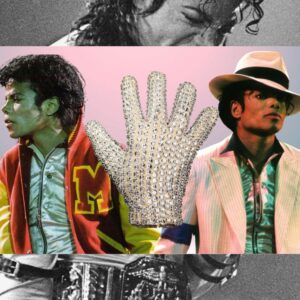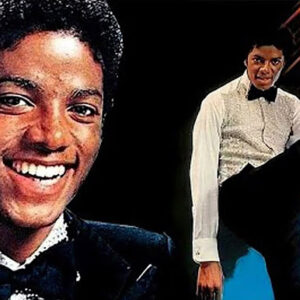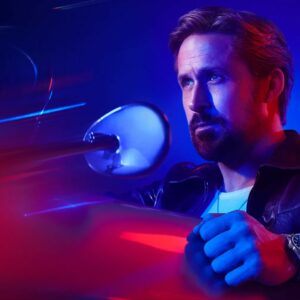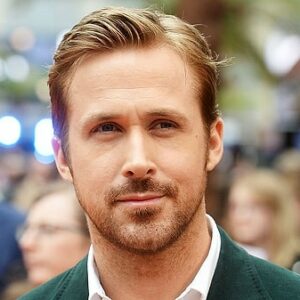Ryan Gosling, one of Hollywood’s most respected and versatile actors, has carved a niche for himself by continuously evolving his craft. From his early days as a heartthrob in romantic dramas to his later portrayals of complex, multi-layered characters, Gosling’s career trajectory reflects a deliberate approach to his work—one that blends artistic integrity with commercial success. His roles in films like La La Land, Drive, and The Notebook are just the surface of a much deeper and more diverse body of work that continues to define his place in contemporary cinema. In this article, we’ll take a closer look at Ryan Gosling’s approach to script selection, his growth as an actor, and how he has managed to balance his desire for artistic expression with his ability to succeed in a commercial industry.
A Brief Overview of Gosling’s Career
Ryan Gosling first captured widespread attention in the early 2000s with his portrayal of the swoon-worthy Noah in The Notebook (2004), a film that cemented him as one of Hollywood’s most sought-after young actors. His performance in this film was emblematic of the era’s heartthrob archetype, and for many viewers, it was his breakout role. However, Gosling’s career did not become confined to this mold. Instead, he transitioned into more complex and nuanced roles that showcased his ability to embody a wide range of characters.
Gosling’s career took a significant turn when he starred in Drive (2011), directed by Nicolas Winding Refn. As the enigmatic Driver, Gosling displayed a deep level of restraint, offering a performance marked by minimal dialogue and a strong sense of internal conflict. The film itself was a bold departure from conventional Hollywood action films, and Gosling’s portrayal of a character caught between violence and vulnerability turned him into a critical darling. He further solidified his status as a serious actor with his role in La La Land (2016), where he played a struggling jazz musician opposite Emma Stone. This role allowed Gosling to combine his charm with raw emotion, and the film itself was a massive success, winning numerous awards, including multiple Academy Awards.
While these films represent some of Gosling’s most iconic performances, his career also includes diverse projects like The Ides of March (2011), Blade Runner 2049 (2017), and First Man (2018). Each of these films highlights his commitment to pushing boundaries and exploring new genres, whether it’s the dystopian world of Blade Runner or the intimate, emotional journey of First Man, where he portrayed astronaut Neil Armstrong.
The Shift from Heartthrob Roles to Complex Characters
Ryan Gosling’s transition from heartthrob to serious actor didn’t happen overnight. It was a gradual shift that began with his deliberate choices to move beyond the stereotypical romantic lead. Though he was often cast in romantic dramas early in his career, Gosling was never content to simply rest on his good looks. Even in films like The Notebook, where he played a quintessential romantic hero, his character was imbued with a depth that hinted at Gosling’s desire to tackle more layered, complex roles.
By the time he starred in Drive, Gosling had firmly established himself as an actor capable of conveying subtlety and emotional complexity. The role of the Driver was an exercise in restraint—his character is nearly mute, a man of few words, but his actions speak volumes about his internal struggles. This shift marked a deliberate choice by Gosling to move away from the traditional romantic hero and into more nuanced, often morally ambiguous roles. What made this transition particularly striking was that Gosling didn’t abandon his appeal as a leading man; instead, he channeled it into more unconventional, layered characters that resonated with both critics and audiences alike.
His willingness to tackle darker, more complex roles also extended into his work with directors like Nicolas Winding Refn and Damien Chazelle, who brought out the more brooding aspects of his persona. In Only God Forgives (2013), another collaboration with Refn, Gosling took on a role that was as emotionally tortured as it was physically demanding. The character of Julian, a drug dealer seeking vengeance for his brother’s murder, was a far cry from the romantic leads he had become known for, offering Gosling the chance to explore a character that was both deeply flawed and full of emotional pain.
Similarly, his work in La La Land was a revelation in its own right. While the film was a musical—a genre often associated with lighthearted romance—Gosling’s character, Sebastian, was grounded in a sense of longing, ambition, and sacrifice. His portrayal of a man struggling to balance his love for jazz with his love for a woman showed Gosling’s range as an actor who could infuse even the most traditional romantic narrative with emotional depth.
Gosling’s Approach to Script Selection
Ryan Gosling is known for being particularly selective about the roles he takes on. Unlike many actors who may choose a script based on commercial viability or the promise of fame, Gosling prioritizes emotional depth, complexity, and the potential for artistic expression. In interviews, he has often spoken about the importance of choosing roles that challenge him and allow him to explore new facets of his acting ability.
For Gosling, script selection is about more than just the character itself. It’s about the story, the director, and the world in which the character exists. He looks for scripts that offer a strong emotional core—stories that demand something of him as an actor and allow him to connect with audiences on a deeper level. As he has said in various interviews, the films that attract him are those that push boundaries and provide an opportunity for him to do something new and unexpected.
In particular, Gosling has expressed admiration for directors who offer him creative freedom and whose visions align with his own desire to make films that have both commercial and artistic value. His collaborations with directors like Refn, Chazelle, and Damien Chazelle are a testament to this. These filmmakers all share a distinct voice and vision, and Gosling’s work with them reflects his commitment to making films that are not only commercially successful but also artistically meaningful.
Choosing Roles with Substance
Throughout his career, Gosling has gravitated toward characters who are not easily understood. Whether it’s the stoic, almost silent Driver in Drive, the morally ambiguous Frank in The Ides of March, or the emotionally complex Sebastian in La La Land, Gosling’s characters are rarely simple or straightforward. Instead, they are layered with internal conflicts, personal dilemmas, and unresolved emotions that make them more real and relatable.
For example, in Blade Runner 2049, Gosling plays K, a replicant who is tasked with investigating a mystery that could change the course of humanity. The film itself is a meditation on identity, memory, and the nature of being, and Gosling’s performance reflects this thematic complexity. K’s journey is one of self-discovery and existential questioning, and Gosling brings a quiet intensity to the role, using minimal dialogue to convey the character’s emotional and psychological journey. His work in Blade Runner 2049 exemplifies his preference for roles that allow him to explore complex, ambiguous moral landscapes.
Similarly, in The Place Beyond the Pines (2012), Gosling plays a motorcycle stunt rider turned bank robber who is driven by a sense of responsibility to his family. The film explores the cycle of crime and the consequences of one’s actions, and Gosling’s performance as a man torn between his love for his child and his criminal life adds significant depth to the film’s themes of fatherhood and redemption.
Balancing Artistic and Commercial Success
One of Gosling’s greatest strengths as an actor is his ability to balance artistic expression with commercial appeal. While many actors who prioritize their artistic integrity often find themselves relegated to niche films, Gosling has managed to find success in both the indie and mainstream worlds. His career includes a healthy mix of high-concept, visually driven films like Drive and Blade Runner 2049 as well as critically acclaimed, commercially successful films like La La Land and First Man.
The success of La La Land, in particular, showed that it’s possible for a film with artistic ambition—especially one that eschews typical Hollywood conventions in favor of a more intimate, personal story—to also find commercial success. Gosling’s performance as a jazz musician struggling to make his dreams come true resonated with audiences, and the film’s blend of romance, music, and emotional depth made it both a critical and box-office hit.
This balance between artistic and commercial success has allowed Gosling to remain one of the most respected actors of his generation, while also enjoying the fruits of his hard work and talent. He has managed to carve out a career that is not just based on box-office earnings but on a reputation for choosing roles that challenge him and push the boundaries of his craft.
Continued Growth as an Actor
As Gosling’s career continues to evolve, his choice of roles reflects a growing desire to diversify his range. From romantic dramas to action-packed thrillers, from science fiction to historical epics, Gosling has consistently sought out projects that offer new challenges. His upcoming role in The Fall Guy, an action-adventure film directed by David Leitch, is just one example of how Gosling continues to expand his horizons. The film, which is based on the 1980s television series of the same name, will see Gosling in the role of a stuntman—a far cry from his earlier, more introspective roles.
As his career progresses, Gosling’s script selection will likely continue to evolve. His willingness to take risks with his roles suggests that he is not content to rest on his laurels but rather seeks opportunities to keep growing as an actor. Whether it’s through diving into new genres or tackling even more challenging, complex characters, Gosling’s potential for continued growth remains limitless.
In conclusion, Ryan Gosling’s career is a testament to the power of careful, deliberate choices. From his early days as a romantic lead to his current status as one of Hollywood’s most respected actors, Gosling has continually proven that acting is more than just playing a part—it’s about finding the truth in every character and telling stories that matter. His approach to script selection, his preference for roles with emotional depth and moral complexity, and his ability to balance artistic integrity with commercial success make him one of the most compelling actors of his generation. As he continues to explore new roles and challenge himself as an artist, there’s no telling where his career will take him next.
